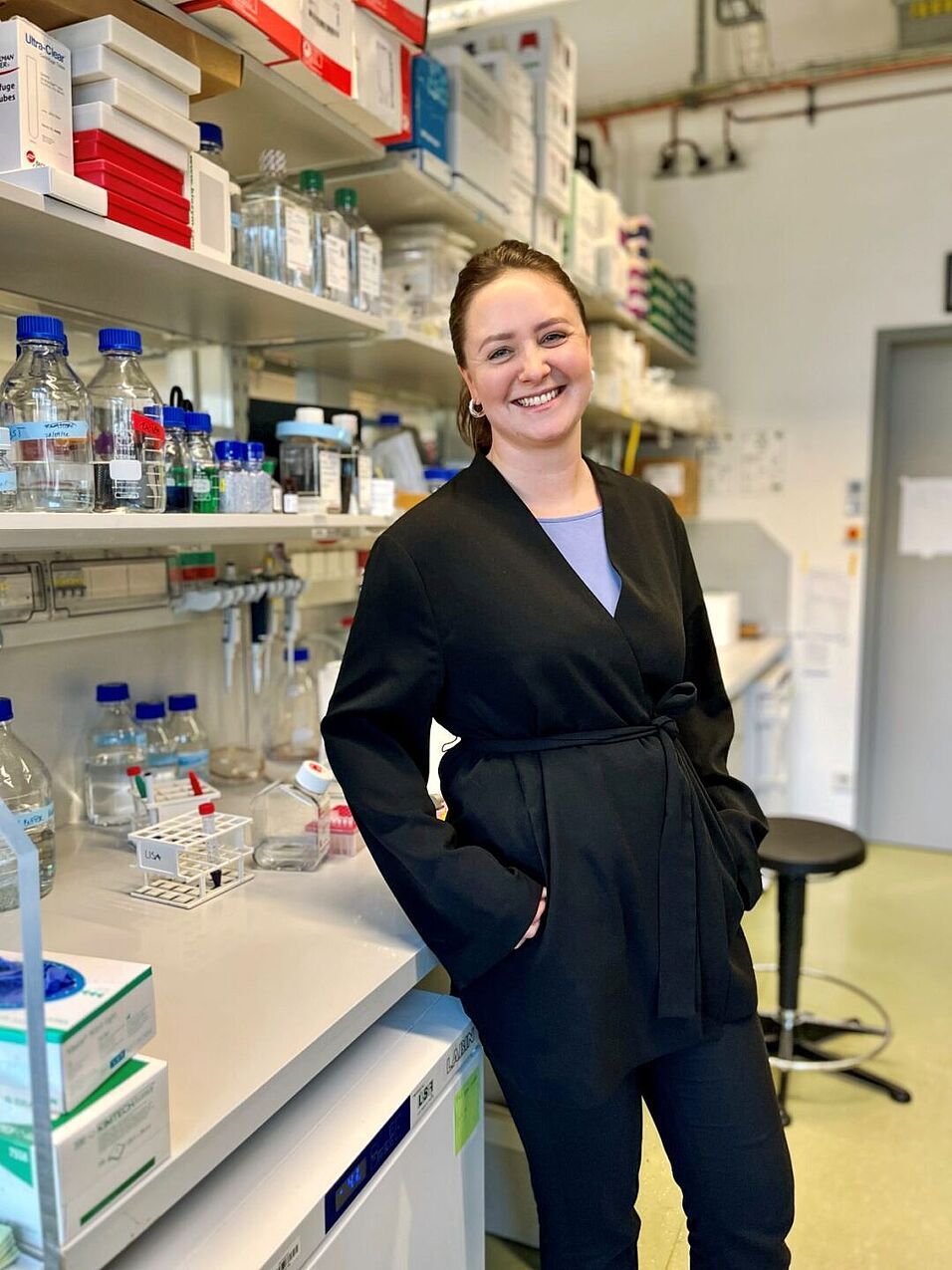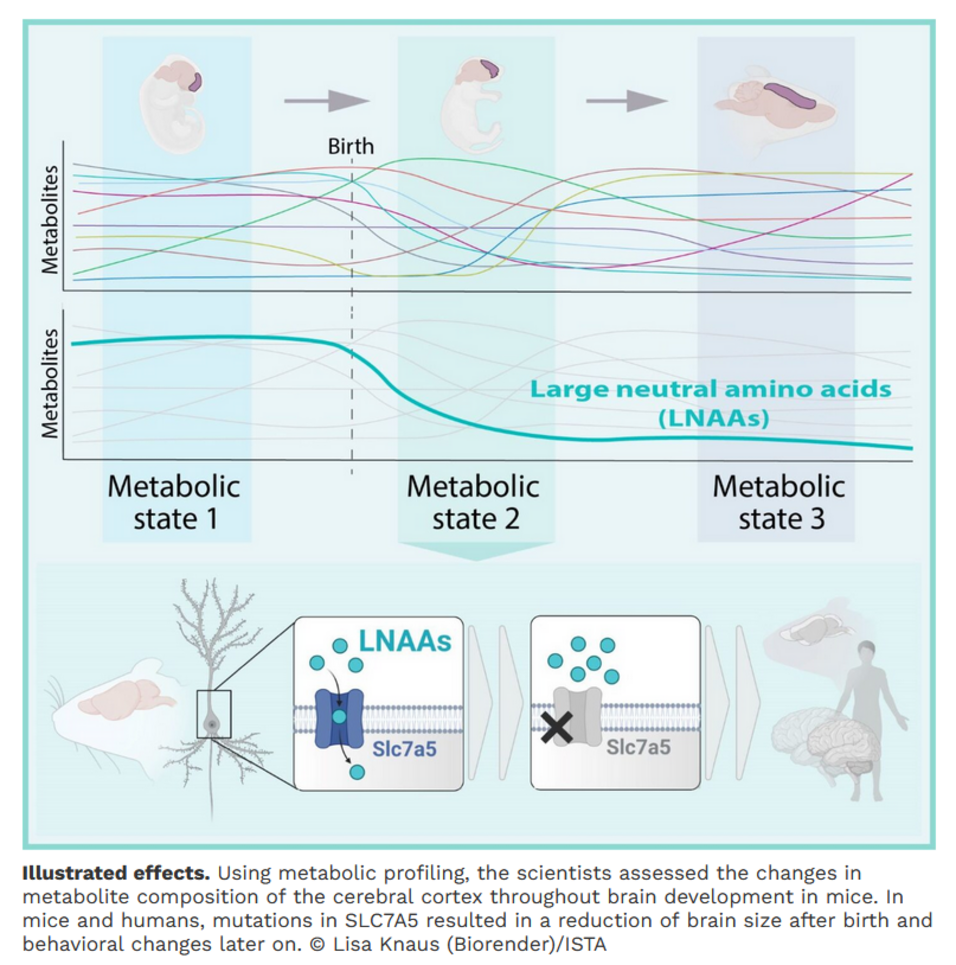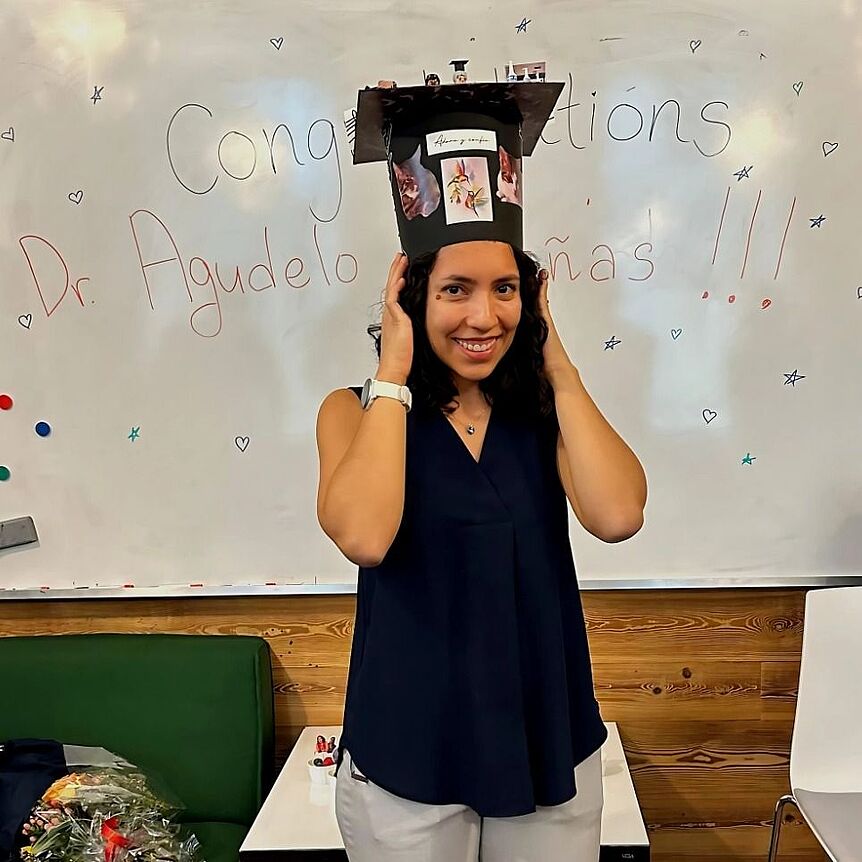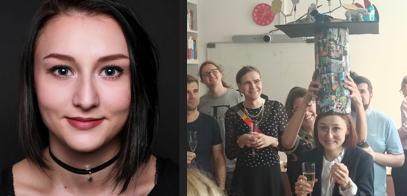Lisa Knaus, MolTag PhD student since 2019 and about to finish her PhD soon in the Novarino group at IST Austria, has published a major paper. Involved are as well Lena Schwarz from her group, and the MolTag group of Nuno Maulide at University of Vienna.
The work presents a detailed look at how even small changes in the metabolism and nutrient availability can have severe consequences for brain development and function.
The paper:
Knaus LS, Basilico B, Malzl D, Gerykova Bujalkova M, Smogavec M, Schwarz LA, Gorkiewicz S, Amberg N, Pauler FM, Knittl-Frank C, Tassinari M, Maulide N, Rülicke T, Menche J, Hippenmeyer S, Novarino G. Large neutral amino acid levels tune perinatal neuronal excitability and survival. Cell. 2023 Mar 24:S0092-8674(23)00215-5. doi: 10.1016/j.cell.2023.02.037.
Press releases:
ISTA Press release, english
ISTA Press release, german
Austrian Press Agency, german
Austrian Public Broadcasting (ORF), german





